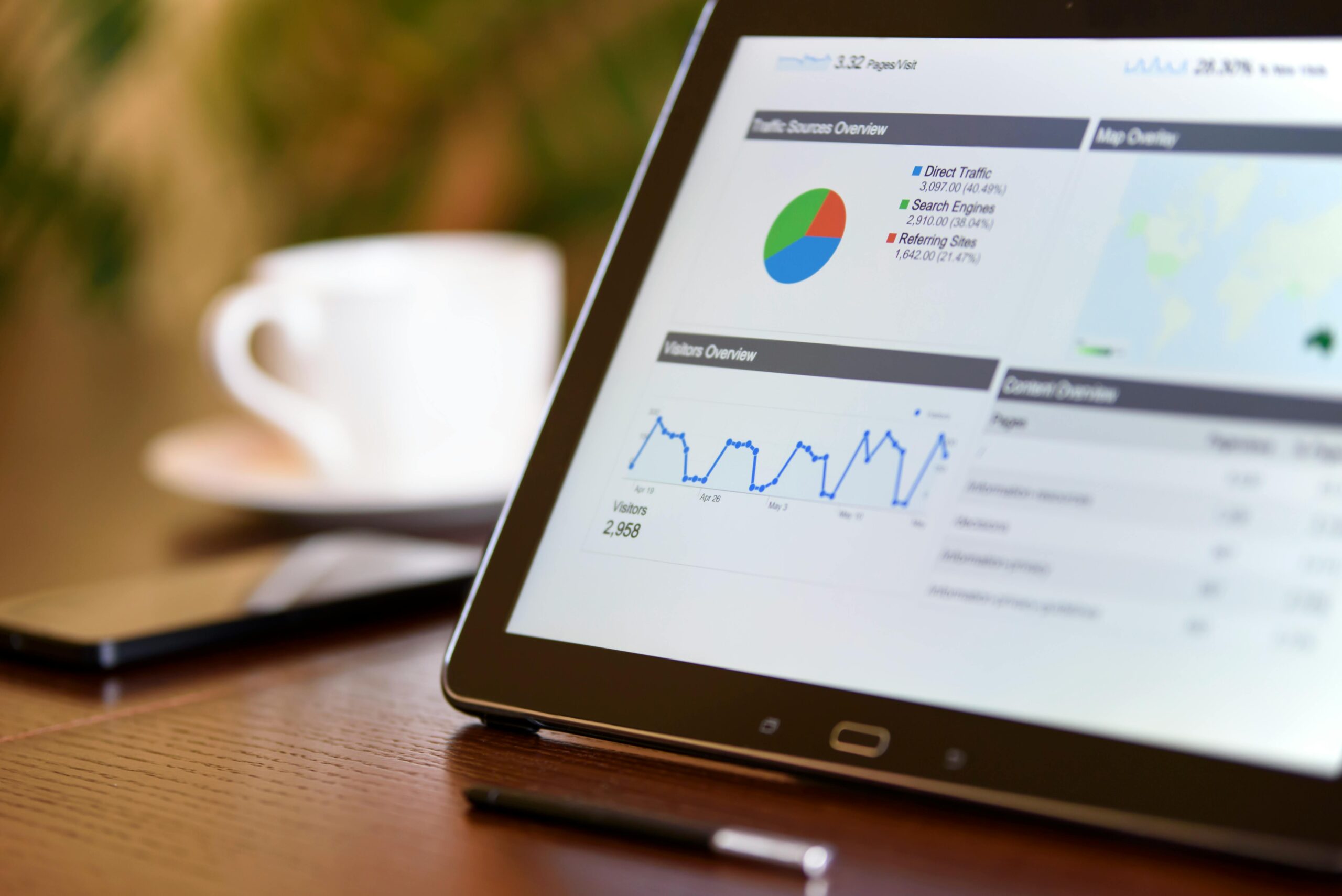
Digital Strategy, Social Media
What The Big Game 2026 Revealed About Engagement, Community Management, and Social Strategy
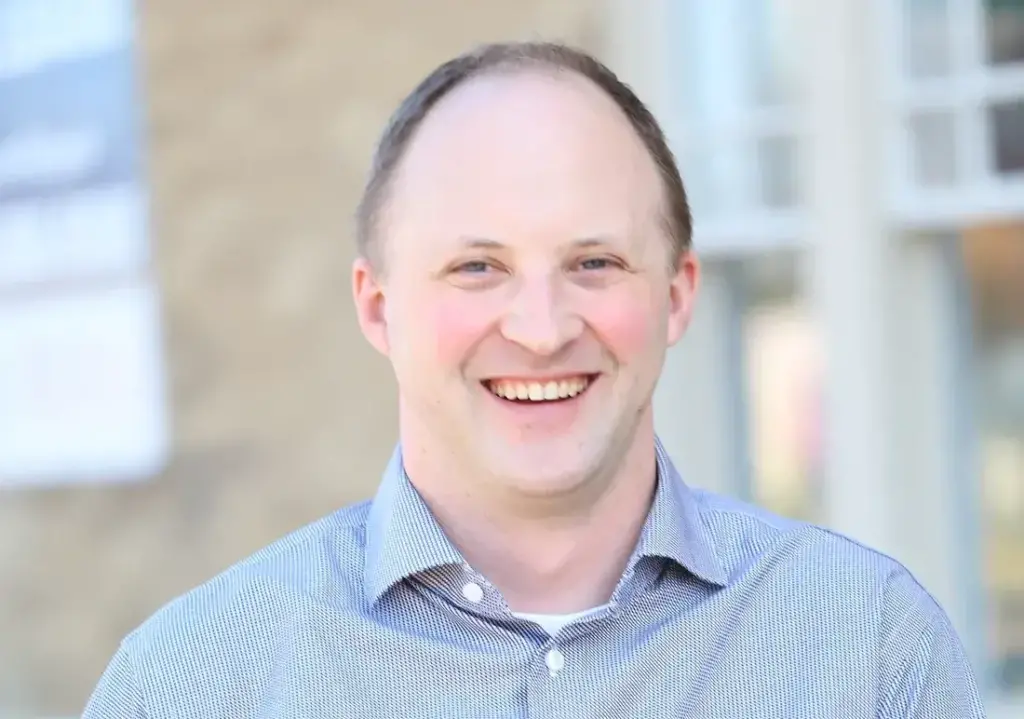
As a part of our interview series about the things we can each do to make social media and the internet a kinder and more tolerant place, I had the pleasure to interview Scott Parker, CEO of Social Factor.
Scott Parker serves as the CEO at Social Factor, a leading digital agency specializing in social media operations and community management that works with global, A-list brands. As the CEO, Parker oversees an agency that helps enterprise-level clients turn digital chaos into human connections through content moderation, community management, analytical data, governance, training, and security. Having more than a decade of experience partnering with Fortune 500 companies, as well as Gartner and Forrester leader platforms in social marketing, Social Factor manages the critical areas that empower enterprise clients, profits and nonprofits alike, to create valuable social media spaces.
Prior to joining Social Factor, Parker spent a decade as the senior VP of marketing innovation for Warren Douglas Advertising, where he oversaw the creation of an integrated media department, designed to unify traditional media, public relations, and social media personnel, processes, planning and execution into a single process.
Scott Parker completed his undergraduate degree, a bachelor’s in business administration, from Harding University and earned a master’s in business administration from SMU’s Cox School of Business. He serves on the board of the Communities in Schools of Greater Tarrant County and enjoys all forms of sports, music, and books.
Thank you so much for doing this with us! Our readers would love to “get to know you” a bit better. Can you share your “backstory” with us?
Iwish I could tell you that my whole life I had dreamed of running a social media agency. But, we didn’t even have internet access at my house until I was a senior in high school, so it’s actually a much different story than that.
I grew up in Memphis and, in many respects, there was nothing overly remarkable about my story. I grew up in a middle-class family and am a product of Memphis city schools. I love sports, but that’s definitely not my calling. I studied classical percussion from about the 7th grade all through college and spent many of those years thinking that’s where I would try to establish a career.
By the time I got to college, I had earned bachelor’s degrees in both music and in business. And after a short stint working at the corporate headquarters for ALLTEL Wireless in Little Rock, I got married and we moved to Dallas where I did an MA/MBA program at SMU — with the thought that I could stay around the arts, but just in an administrative capacity.
However, it was through one of those totally unplanned connections that came from a common interest in the arts in which I got connected with an internship while a student at SMU. That offer eventually turned into a full-time offer at an advertising agency.
But…I knew literally nothing about advertising.
After 11 years at the agency, which was an incredible learning experience thanks to working with some of the most talented people I know, I had an opportunity to explore another area where I had very limited professional exposure — social media.
After just a year and a half, there were some leadership changes, and I had the opportunity to interview for the CEO role. It seemed like a great learning opportunity to just go through that process, but lo-and-behold — I ended up getting the job!
So, I’ve spent the last five and a half years as CEO of Social Factor. We’ve grown to three and a half times the size we were when we began, and I think we’re about 20% of the way to our next inflection point. We’ve transitioned from working with local brands and nonprofits to $1B+ revenue clients who do business globally. We have industry leading technology partners, the kind of leaders who’ve forgotten more than I’ll ever know, and account teams that I would put up against anybody. And we’re just getting started.”
Can you share the most interesting story that happened to you since you started your career?
One time, fairly early in my career, we pitched an idea to a client to construct the “world’s largest eye chart,” as part of a public awareness campaign about ocular health. Much to my surprise, they said yes! Now, at the time we pitched the idea, I had no idea how we would actually pull it off if they agreed to the assignment.
What followed was about six weeks of frenetic activity that involved multiple city council meetings, zoning ordinances, signage variances, non-profit board meetings, permits, crane rentals, engineers, and the all-important coordination of media outreach.
I’d love to say that the morning of the big reveal went off without a hitch, but in reality, it was full of unexpected mishaps. One of our key interns overslept and missed the occasion, and during the event, high winds eventually ripped the oversized chart right down the seams. However, all that drama remained behind the scenes — at least until after we got all the media coverage we were hoping for — and millions of people across DFW received the campaign message successfully. Sometimes it really is better to be lucky than good!
Meanwhile, the campaign continued to grow and took on a life of its own, including a national launch in New York City that included a flash mob of dancing eyeballs, a segment on Good Morning America, and an even larger “world’s largest eye chart” was created and displayed just off of Times Square. It was a multi-year journey, full of twists and turns, but always fueled by a belief in the importance of the underlying message. What was the lesson learned? There are very few impossible ideas, as long as you have enough creativity and resourcefulness.
It has been said that our mistakes can be our greatest teachers. Can you share a story about the funniest mistake you made when you were first starting? Can you tell us what lesson you learned from that?
I don’t know if it’s funny, but one time, which I remember very vividly, I was out walking my dog when I got a call from a printing vendor that a direct mail project I was managing had been run entirely without postage. And, suffice to say, postage is a pretty critical component in any direct mail campaign! I learned very quickly from that experience how to calibrate the balance more finely between trusting a verbal answer and seeing tangible proof based on how important the particular outcome is that you’re seeking.
Are you working on any exciting new projects now? How do you think that will help people?
We have a handful of new initiatives that I do find exciting. One is expanding our platform partner network and, along with that, the depth of our technical solutions offering. Another project has to do with expanding our global staffing model so that we can extend our multilingual, follow-the-sun moderation model for our growing base of clients. And third, is understanding the right timing and application to leverage the commercial explosion of AI technology in ways that make sense now and well into the future. All of these things are in the service of our ultimate goal — transforming digital chaos into human connection, which is a need that changes shape rapidly but will never go away.
Ok, thank you for that. Let’s now jump to the main focus of our interview. Have you ever been publicly shamed or embarrassed on social media? Can you share with our readers what that experience felt like?
While I don’t exactly have any dramatic stories of my own to share, I have definitely had the ‘I can’t believe they tagged me in this picture!’ experience. And while that doesn’t hold a candle to what so many other people experience online, it’s at least a transitional window for me involving the instant flood of emotions such as surprise, anger, embarrassment, anxiety, and confusion that occur on a daily basis.
What did you do to shake off that negative feeling?
In some ways, I don’t know if I’ve ever had a negative experience that required me to ‘shake it off,’ at least in the sense of my personal experiences. But combined with others I know, and what I have observed in our work here at Social Factor, It’s definitely shaped my views about how I personally want to interact with these channels. Ultimately, I think comforting others involved in these negative incidents is part of moving forward. It’s really about seeking reassurance/support from a network of people that I know care about me — even if something ridiculous happens on the internet.
Have you ever posted a comment on social media that you regretted because you felt it was too harsh or mean?
No, I honestly don’t have any of these kinds of social media horror stories to share. Probably because I’m overly cautious about the harm it can cause.
Can you describe the evolution of your decisions? Why did you initially write the comment, and why did you eventually regret it?
While my own experience is probably an uncommon response, I can share a couple of factors that definitely influence why I would — or wouldn’t — comment harmful things on social media. One, I simply didn’t grow up with social media like many of the younger generation do these days. In fact, I think I was 27 or 28 when I first signed up for Facebook. At that point, I’d already said plenty of regrettable things in my life, and the prospect that anything of that nature could live on in perpetuity has always been unnerving to me. Second, I only use social media on accounts with my real identity. I don’t have burner accounts or ‘alter egos’ that I use for any agenda-driven purposes — which also reinforces my understanding that these negative or regrettable incidents can do permanent and lasting damage.
When one reads the comments on YouTube or Instagram, or the trending topics on Twitter, a great percentage of them are critical, harsh, and hurtful. The people writing the comments may feel like they are simply tapping buttons on a keyboard, but to the one on the receiving end of the comment, it is very different. This may be intuitive, but I feel that it will be instructive to spell it out. Can you help illustrate to our readers what the recipient of a public online critique might be feeling?
While personal reactions obviously vary widely by individual, I think there are definitely some common patterns:
First, there are the obvious emotions that can come when receiving any criticism. Those can include things like shame, guilt, anger, confusion, defensiveness, sadness, or helplessness
Second, those are magnified by virtue of being in a public forum. While it may or may not be true that thousands of people could see what has happened, just the potential can definitely ratchet up the intensity of the negative emotions
Third, the tendency for negative trends to grow rapidly in a comment thread will compound the negative emotions further. It’s not just hearing ‘you’re bad’ once from a single person; it’s hearing ‘you’re bad’ from one person, then hearing it repeated 100 or 1,000 times — from both acquaintances and total strangers, which can become overwhelming
Fourth, any individuals’ own tendencies in dealing with criticism can further extend the damage. Things like fixating on the negative, playing it back over and over again mentally, and/or ultimately personalizing the harshness can really make it much more destructive.
Do you think a verbal online attack feels worse or less than a verbal argument in “real life”? How are the two different?
I think they’re definitely different. ‘Real life’ arguments can happen privately and aren’t necessarily publicly documented forever. This results in a significant difference in the way we experience them.
What long-term effects can happen to someone who was shamed online?
We’re certainly seeing lots of studies now about the rise of anxiety and depression. And unfortunately, there are even documented cases of offline violence or suicide as long-term consequences for people who are targeted online. In addition, they can experience any number of social effects — from self-isolation to exclusion from groups or activities. Also, long-term issues around trust, self-image, and safety can often be a result.
Many people who troll others online, or who leave harsh comments, can likely be kind and sweet people in “real life.” These people would likely never publicly shout at someone in a room filled with 100 people. Yet, on social media, when you embarrass someone, you are doing it in front of thousands or even millions of people, and it is out there forever. Can you give 3 or 4 reasons why social media tends to bring out the worst in people? Why are people meaner online than they are in person?
Here are a few examples I can share:
First and foremost, posters can hide behind anonymous and/or fake personas to avoid actual conflict
Dealing with a faceless crowd is a fundamentally different experience, which decreases things like empathy in our engagements. There are no non-verbal cues, no tones of voice, no sense of the intangibles that come from typical personal interactions. There is a lot of fascinating research around interpersonal neurobiology that has much more to say about this
There’s also the ‘mob mentality’ of joining in, and then further escalation, which becomes a powerful force
In the online world, there’s a greater distance between the person and any consequences — be they emotional, social, or physical
We also tend to live in online ‘echo chambers,’ populated by people that have similar views, so the chances that more people than not will agree with a person’s point of view are pretty good. And that participation in a group or a shared belief that’s bigger than just one individual is a pretty universal thing that humans seek out in one form or another. Unfortunately, sometimes people find it in things that look pretty ugly online.
If you had the power to influence thousands of people about how to best comment and interact online, what would you suggest to them? What are your “5 things we should each do to help make social media and the internet a kinder and more tolerant place”? Can you give a story or an example for each?
“Well, as individuals we can definitely influence our corners of the world. If I could make a few suggestions, that would be:
Beginning with the good ol’ Golden Rule of treating others the way you want to be treated. Remember there is a person on the other side of the screen. While you may not agree with a particular statement they might make, and they may not agree with yours, they’re much more than a few characters on a screen, as are you. And just as you do not want to be reduced to someone’s interpretation of your words, neither do they. And, just as you want to share an opinion (I hope!) to be seen, heard, understood, and/or make a positive difference in the world, so do they
Pose responses or posts as questions. A simple ‘help me understand’ or ‘I’ve never thought of it that way. Could you tell me more?’ can go a long way
Always verify the facts before you choose to speak out. There are definitely times when social media can be used in a responsible way to respond to injustices in the world. However, we are also inundated with misinformation. And addressing an issue that you have not validated on your own so often causes more harm than good
Encourage positive engagement when you’re a part of a discussion. Be kind. Ask for more input. Say thank you. Give credit to other people for their ideas. Celebrate diversity of thought. Be a good citizen
Simply take a break. We all have limits, and when you hit yours, it is best to walk away rather than either start or continue down a negative path.”
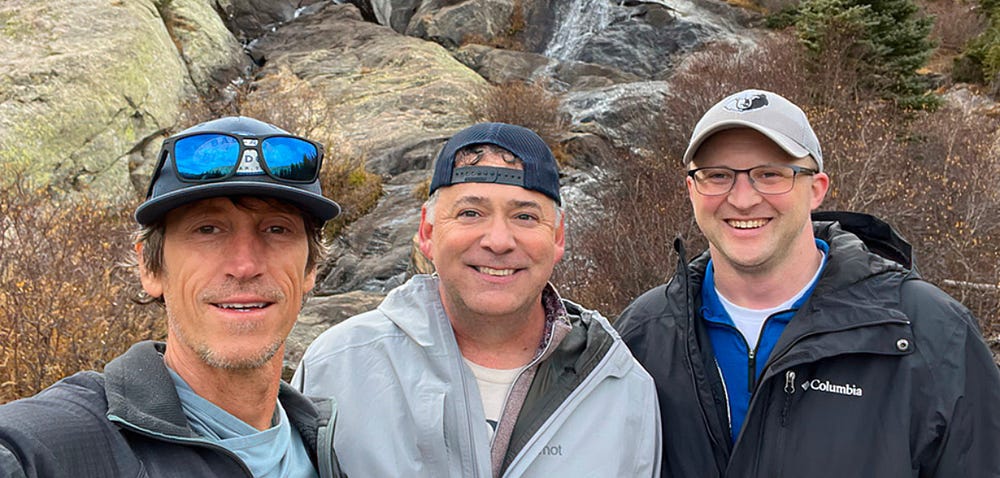
Freedom of speech prohibits censorship in the public square. Do you think that applies to social media? Do American citizens have a right to say whatever they want within the confines of a social media platform owned by a private enterprise?
My short answer to this question is no, I don’t think people have the right to say whatever they want on social media platforms, but perhaps for slightly different reasons than the typical argument often takes.
When I hear that question, often the discussion leads to some version of debate about if the political or moral leanings of the executives of a particular company should be allowed to influence the nature of conversation about particular topics. And while that might be an important issue for us to discuss — specifically in what forum can 21st century humankind openly discuss a diversity of opinions about matters of our collective interest without fear of being silenced or, worse, punished? I think that conversation is a luxury that’s made possible by thousands of people around the world who are in the digital trenches, making sure that an overwhelming volume of human atrocity doesn’t make it into the platforms that we currently hope to use in that way.
I also believe the incredible degree of intensity to the human cruelty that is captured and shared on these platforms is a much more pressing issue to address than if an individual is obliged to take a thing they have created — if it’s popular enough — and have it used in ways they would prefer not. If that’s the question, I suppose I’d have to disagree. But from my viewpoint, we’re eons away from that being the conversation we need to address first.
If you had full control over Facebook or Twitter, which specific changes would you make to limit harmful or hurtful attacks?
Undoubtedly, I’d place a more significant investment — in both automated and human methods — for identifying and removing things that are truly harmful from the platforms. I think certain policies force moderators to work in ways that are unnecessarily harmful for them — which ultimately reduces the effectiveness of the important jobs that they do. I also think that reducing the number of people that are hired to moderate, for whatever reason, by definition would reduce the safety of digital spaces. I would also more actively invest in ways to teach people how to moderate their own spaces, intervening in ways that are positive and create safety.
Can you please give us your favorite “Life Lesson Quote”? Can you share how that was relevant to you in your life?
No man is an island, entire of itself; every man is a piece of the continent, a part of the main.” — John Donne.
I remember reading this in senior English, and it has always stuck with me. We are all part of a greater whole. The consequences of our actions are never isolated to just ourselves. And while it is important to develop our own individual identities, we can never forget that we have a responsibility to the communities where we reside. Perhaps this has never been more apparent than in the conversation we’re having today. When people hide behind a shroud of anonymity and treat others with hate, the implications of that on the broader community are always felt, and that’s precisely why my employees at Social Factor get up and come to work each and every day.
We are blessed that some of the biggest names in Business, VC funding, Sports, and Entertainment read this column. Is there a person in the world, or in the US with whom you would love to have a private breakfast or lunch with, and why? He or she might just see this if we tag them 🙂
“I’d say Mark Cuban. His business acumen needs no introduction, but the way he has pivoted into using his position to promote healthcare in a way that’s accessible for everyone is amazing. The way he uses his voice in social media to advocate for his beliefs clearly and authentically, without using the hate that pervades the platforms, is truly remarkable. And, after a lifetime of loving basketball and 19 years in the metroplex, I have become a #MFFL.”
How can our readers follow you on social media?
https://www.linkedin.com/in/cscottparker/
Thank you so much for these insights! This was so inspiring!

What The Big Game 2026 Revealed About Engagement, Community Management, and Social Strategy
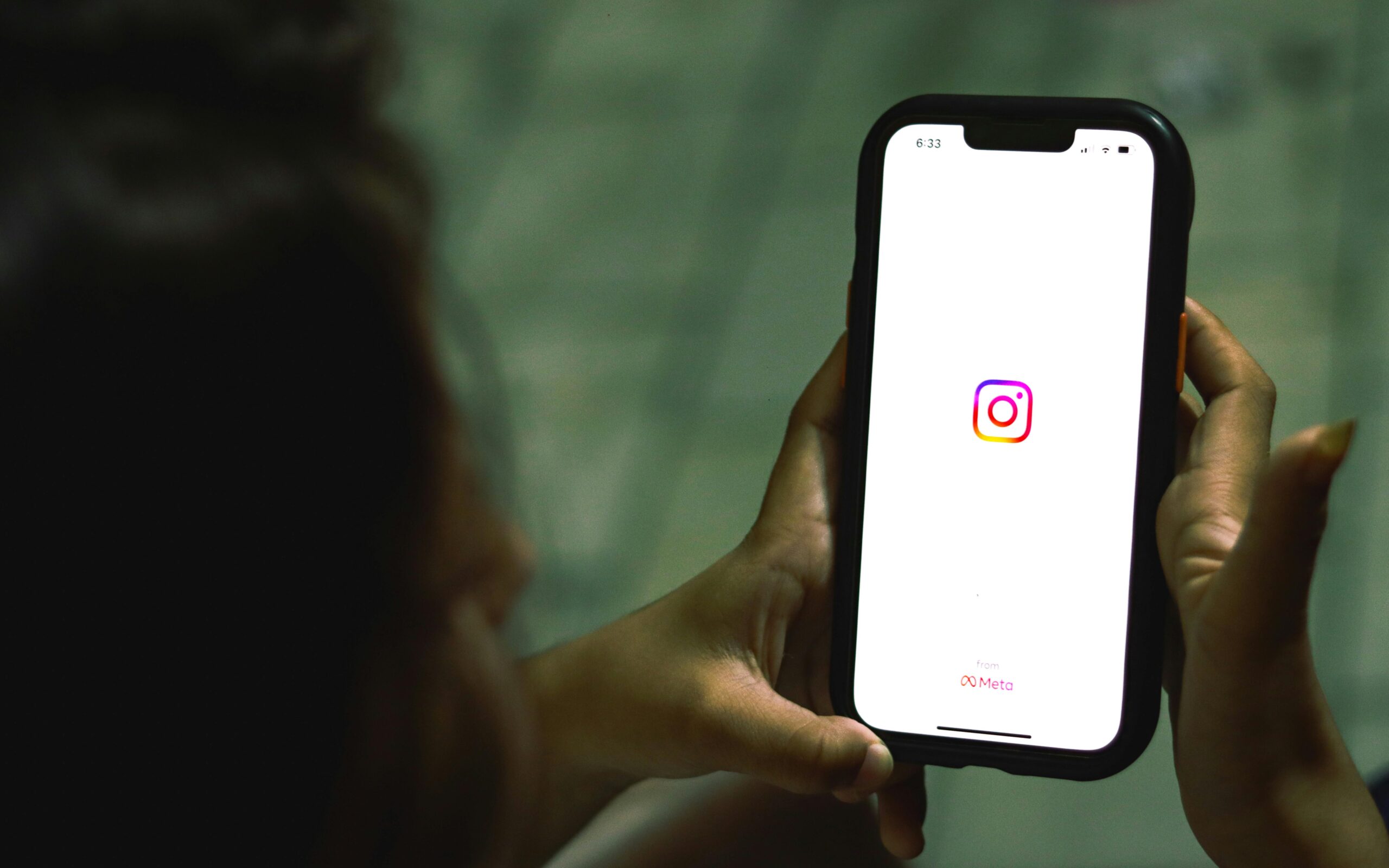
Brand Stewardship in the Era of Social Media Addiction Lawsuits
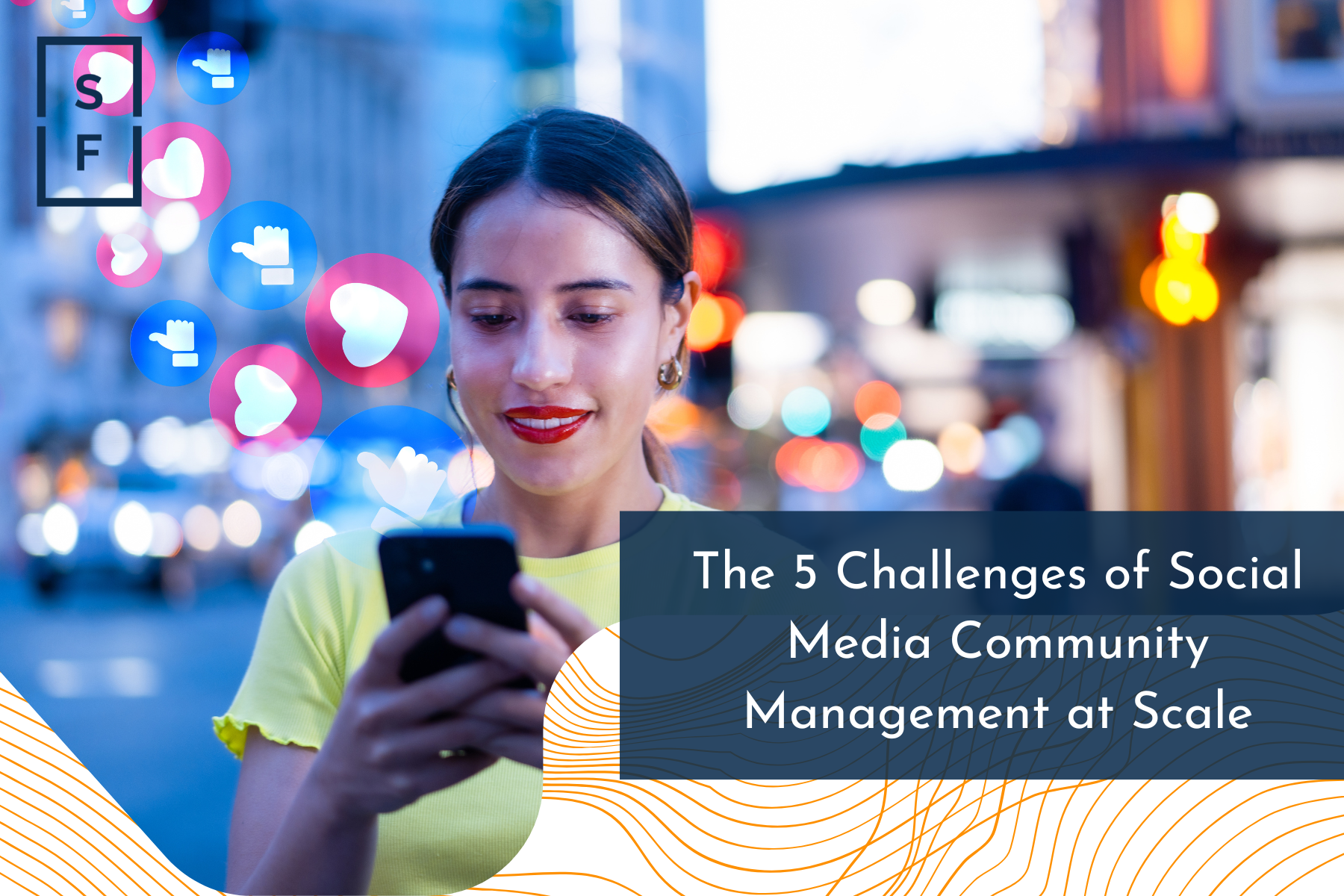
The 5 Challenges of Social Media Community Management at Scale
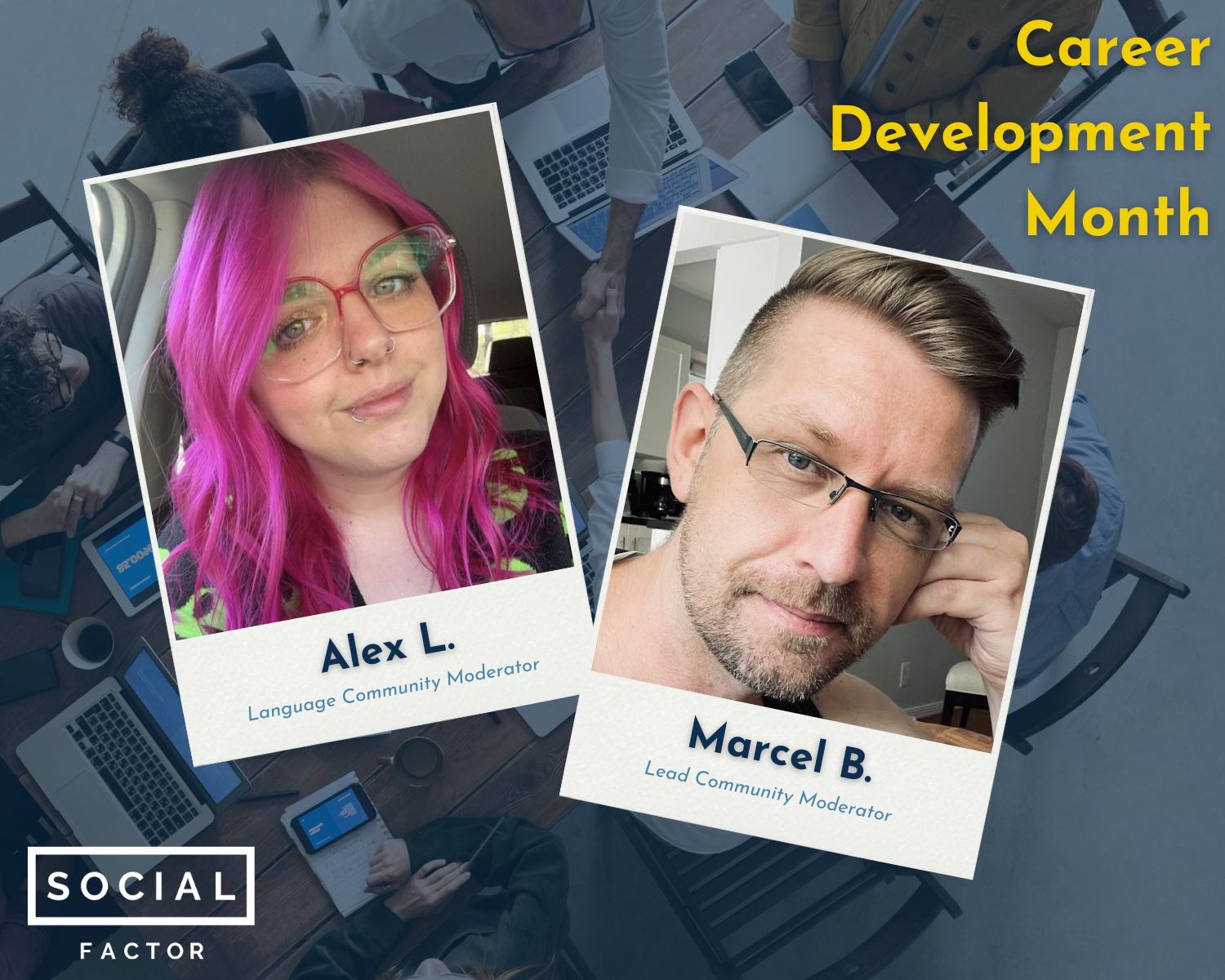
Finding Your Future at SF: Where Growth Meets Opportunity
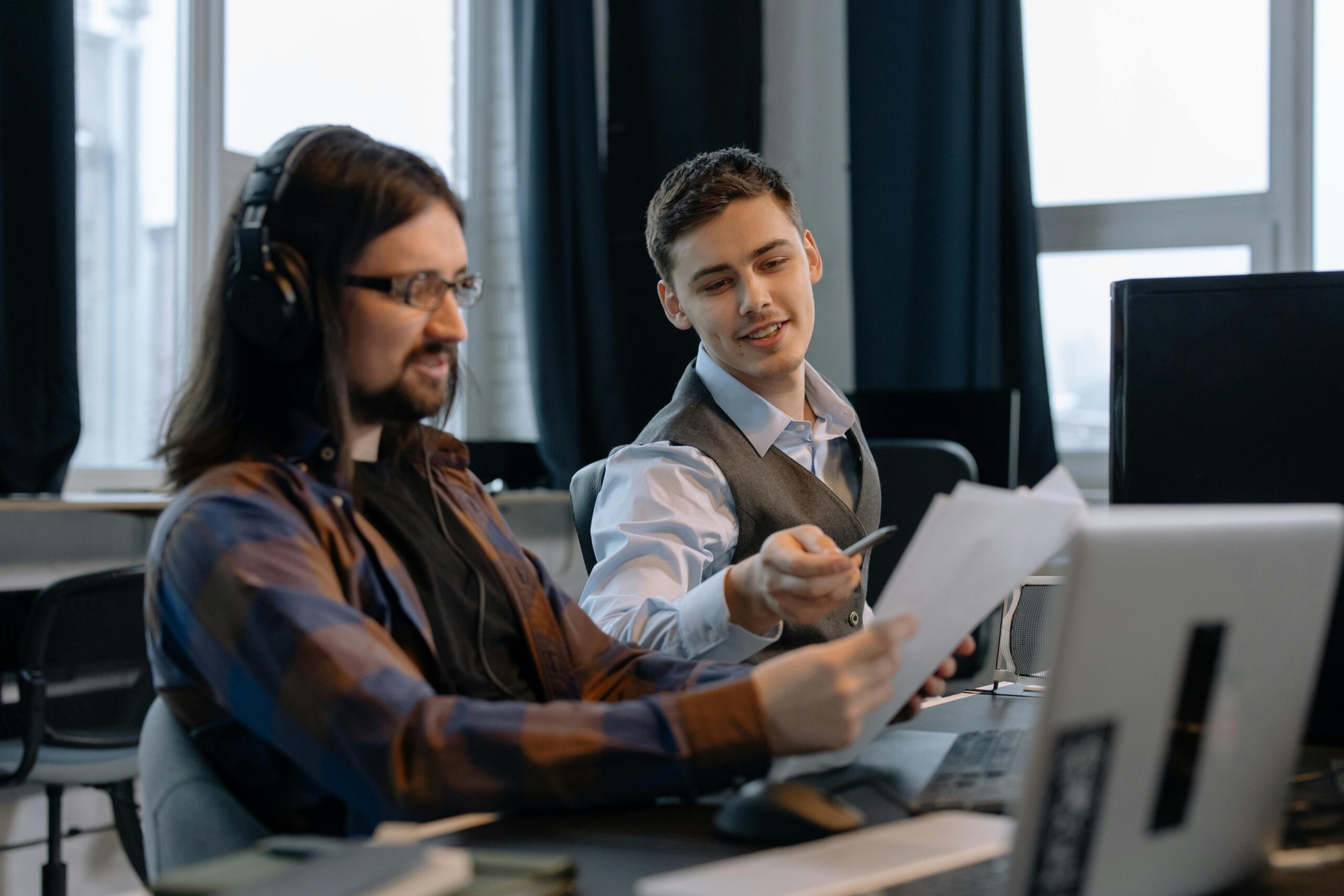
Transform your Digital Strategy by Using Tech and SaaS for Optimal Resource Utilization

Building Brand Loyalty Through Authentic Human Connection

Sail Through Social Media Budget Planning with Ease

How Brands Can Navigate Pre-Election Chaos on Social Media
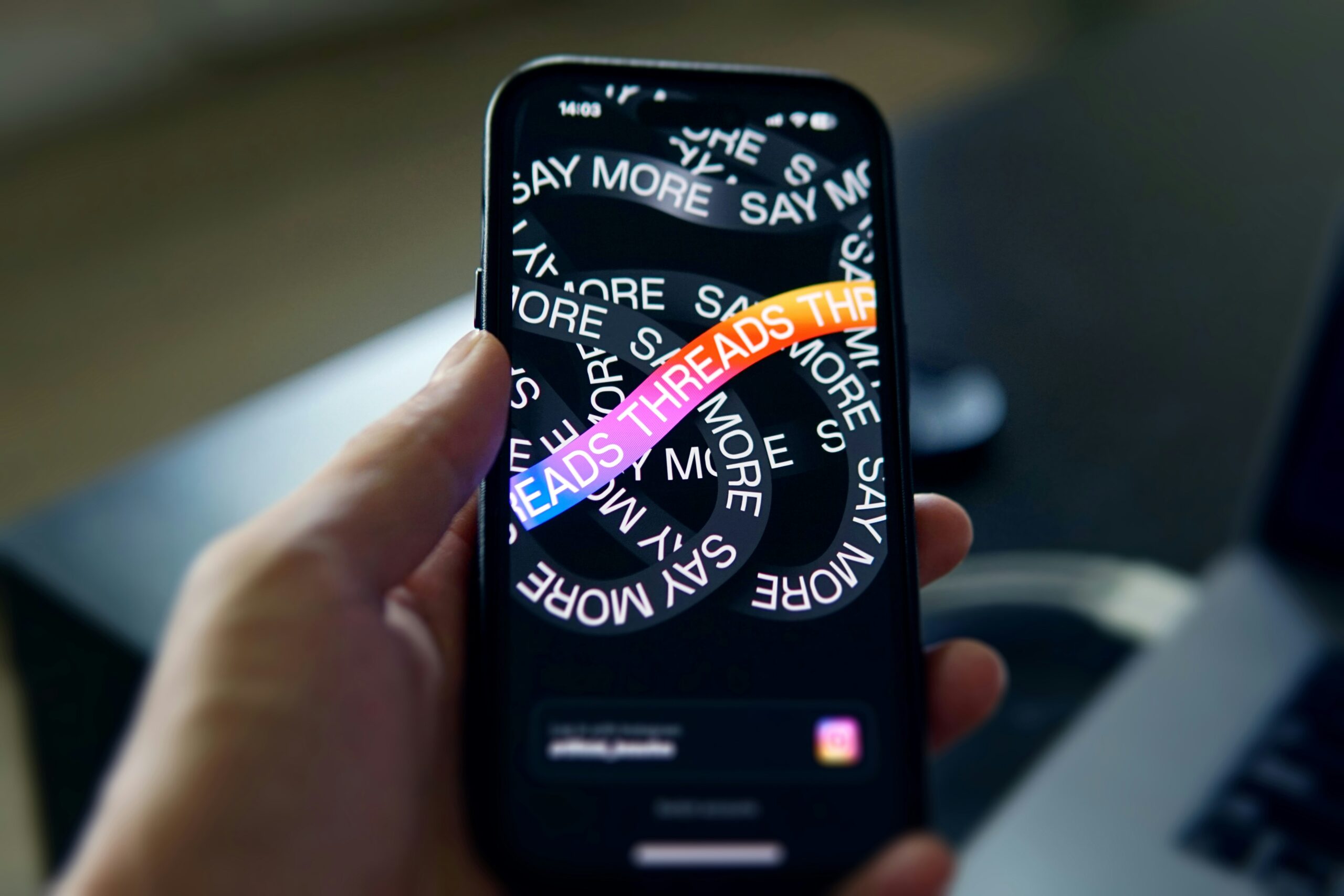
Threads: Is It Worth It Yet?
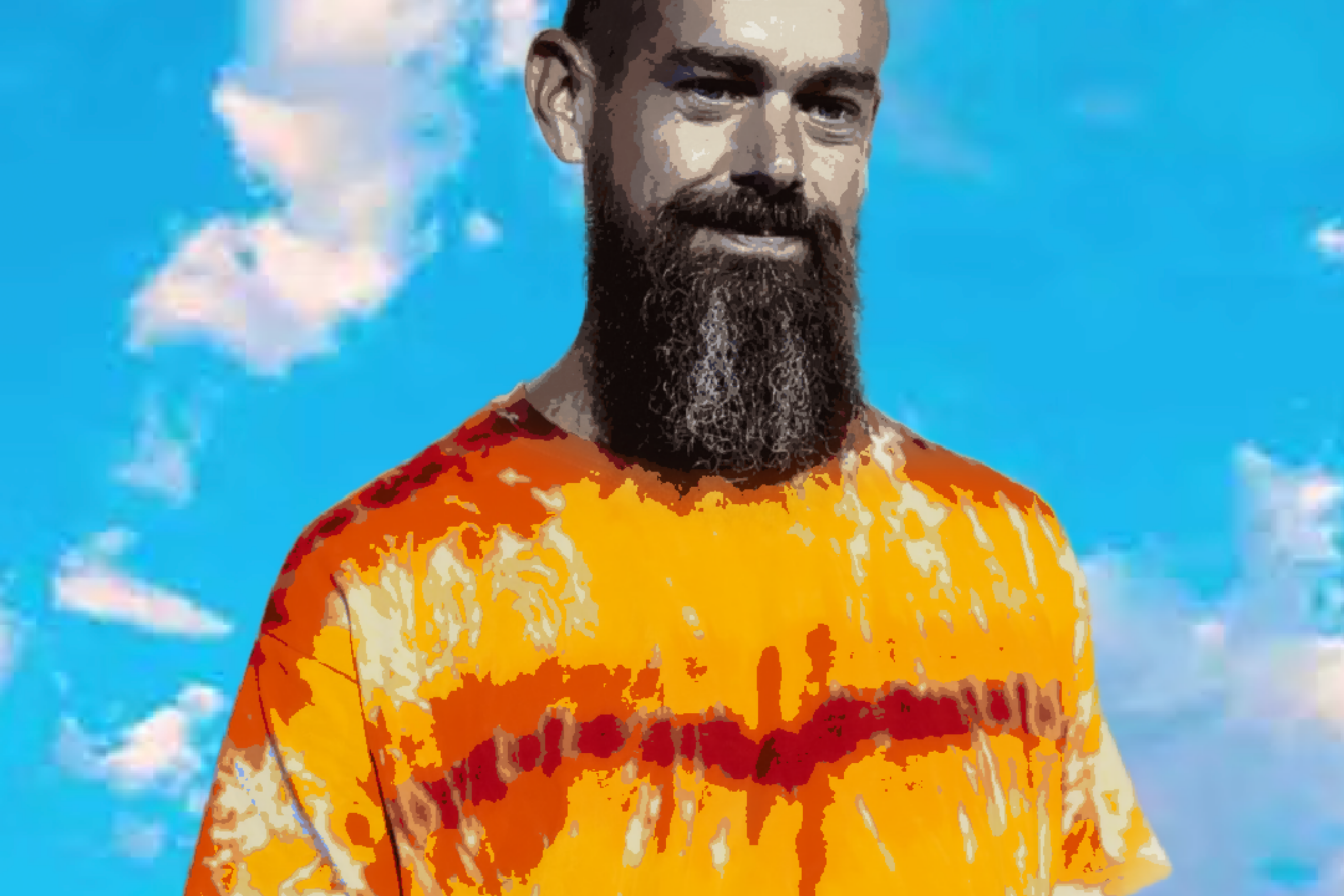
Jack “Of All Trades” Dorsey Is No Longer on the Bluesky Board